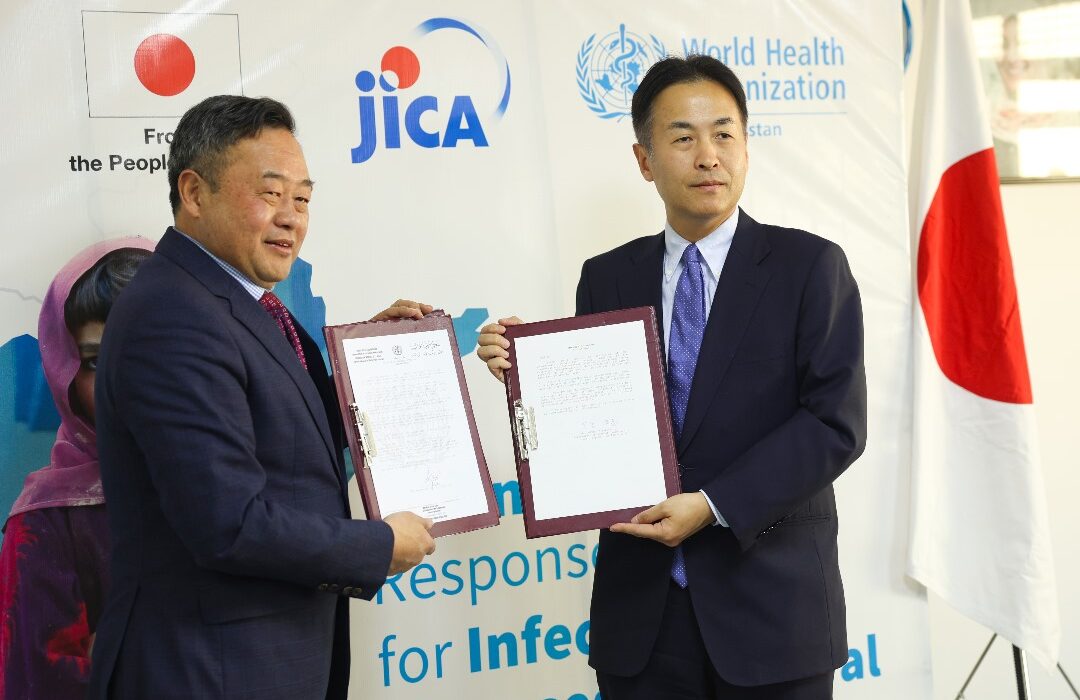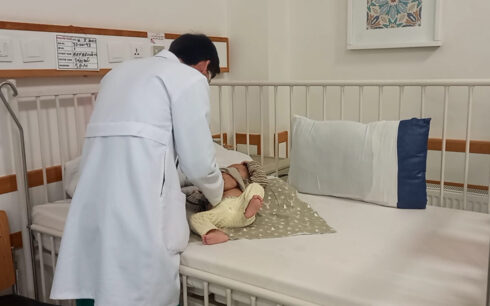Japan has pledged US$ 6.9 million to enhance the response capacity for infectious diseases in referral hospitals across Afghanistan. The funds will be administered through the Japan International Cooperation Agency (JICA) in collaboration with the World Health Organization (WHO).
According to a statement from WHO, the initiative’s goal is to bolster the quality of secondary and tertiary healthcare services for patients with infectious diseases. It will also support laboratories in accurately diagnosing communicable diseases and ensure the full operational capacity of the Afghan-Japan Communicable Disease Hospital and the National Infectious Disease Hospital in Kabul province.
The project is anticipated to benefit over 76,000 individuals throughout Afghanistan, marking a significant advancement in addressing and mitigating the impact of communicable diseases in the country.
Takayoshi Kuromiya, Ambassador of Japan to Afghanistan, expressed his hope for Afghanistan to become a country where all residents can live comfortably by reducing the burden of communicable diseases. He stated, “I sincerely hope that Afghanistan will become a country where all children, women, and men can live comfortably by reducing the burden of communicable diseases and preventing such diseases from the people of Afghanistan.”
Highlighting the initiative’s importance, Luo Dapeng, WHO Representative in Afghanistan, emphasized the shared commitment to enhancing the country’s response capacity to infectious diseases and empowering communities across the region. Dapeng expressed gratitude for Japan’s unwavering support and continued partnership in preparing for and responding to disease outbreaks in Afghanistan.
Infectious diseases globally pose significant threats to public health, causing morbidity, mortality, and economic burdens to societies. Specialized hospitals in Afghanistan dedicated to managing infectious diseases require crucial support to enhance the country’s ability to respond effectively. By providing specialized care and promoting preparedness, these hospitals will play a vital role in minimizing the impact of future infectious disease outbreaks and serve as a cornerstone in Afghanistan’s public health system, the statement noted.




